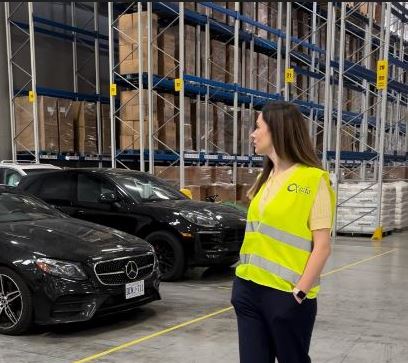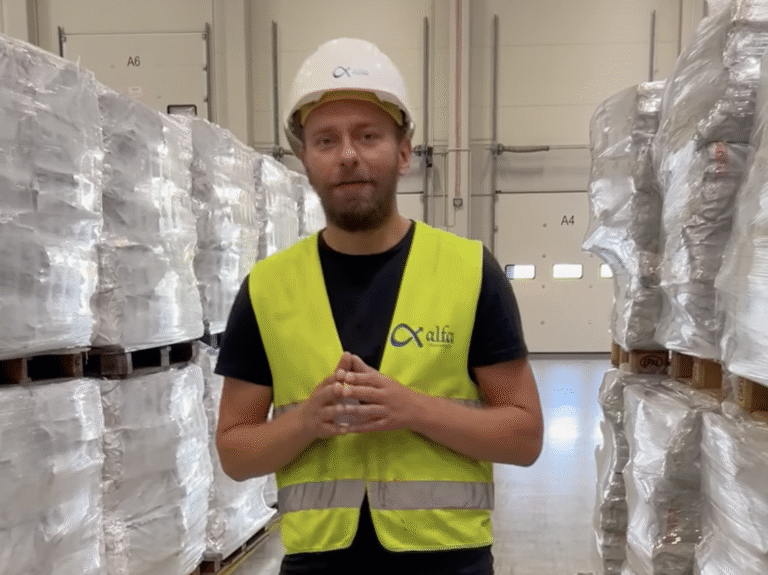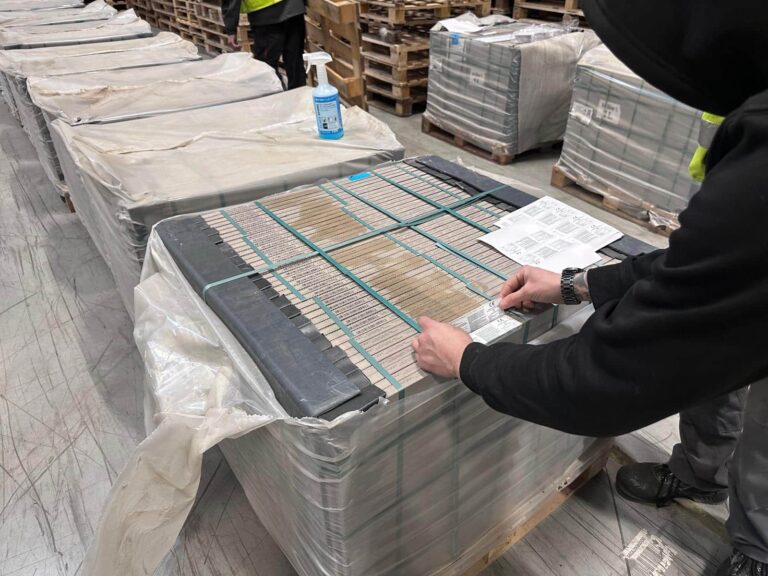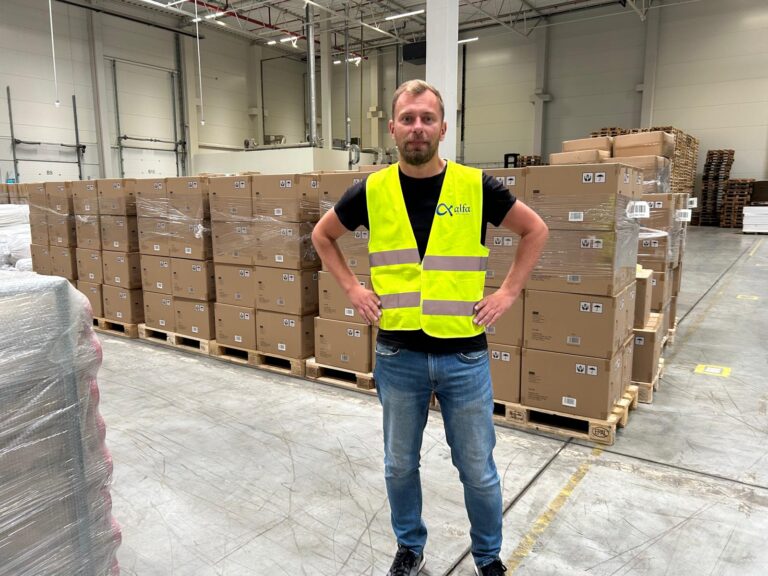National warehouse, bonded warehouse and temporary storage - what are they and how do they differ?
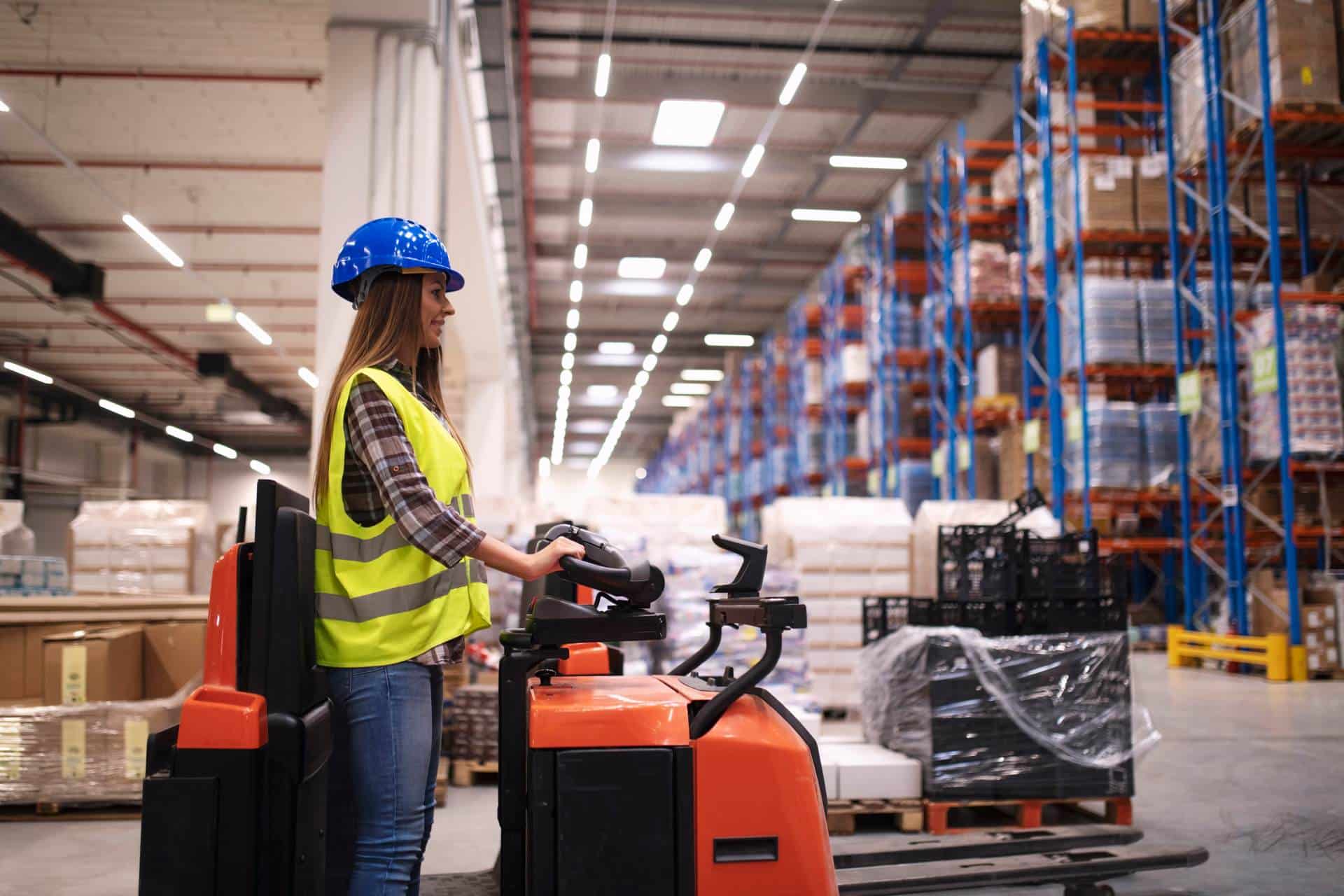
The storage of goods is one of the most important elements of any company's costs. When deciding to use a third-party storage provider, you need to be sure that you have chosen the right company.
We understand warehousing as a process or set of activities involving the management of finished goods and raw materials for production or semi-products from the moment they are received until the loads are released for further transport.
This scope mainly includes the safe storage of goods according to guidelines and ensuring the correct flow of goods in the warehouse.

Our warehouse located in Gdansk meets all standards and the highest technical requirements.
The facility consists of three sections:
- National warehouse - we store goods that are authorised in the EU.
The goods originate from an EU or non-EU country and have already been cleared, giving them Community status and allowing them to circulate in EU countries .
- Customs warehouse - we store goods imported from non-EU countries, which have not yet been cleared (released for circulation in the EU ), goods that are stored in a customs warehouse may be placed under the release procedure, but also under the transit procedure. Where goods do not meet the requirements for release for circulation in the EU, a corrective procedure may be carried out. Such procedures, which are offered by Alfa Warhouses, generally involve changing the nameplates of the equipment, adding or replacing instructions.
In addition, when UC determines such a course of action, we offer our customers a goods disposal service. - Temporary storage warehouse (MCS) - we store uncustomed goods (not approved for circulation in the EU) in this warehouse, but the storage period must not exceed 90 days from unloading. After this time, the customer must have the goods cleared or transferred to a bonded warehouse.
After 90 days of storage in a temporary storage facility, a customs-approved treatment or use must be granted. One of these may be to place the goods under the release for circulation procedure, another may be to place the goods under the transit or customs warehousing procedure and a third may be to move the goods under the transit procedure.
No operations changing the form of the goods being transported (repair procedures, repackaging) may be carried out on the MCS without the approval of Customs.

